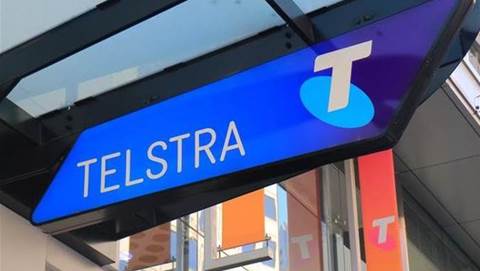Data used to shape the Government's multi-billion dollar national broadband network policy (NBN) will remain secret after a Senate Inquiry recommended against the creation of an independent arbiter to decide whether or not the documents should be released.

The Senate Inquiry's decision [PDF] was a major slap in the face for campaigners, led by the former opposition broadband minister Nick Minchin.
Minchin had led a Senate motion to prevent further debate on the NBN until the Government handed over documents that aided it in throwing out the original request for proposals (RFP) and creating an up to $43 billion plan in its place.
Communications Minister Stephen Conroy's refusal to hand over the documents created an impasse, which the Senate Inquiry was to rule on.
The decision overnight led to a sharp rebuke, but only from two of the crossbenchers that had a hand in the committee.
Greens senator Scott Ludlam accused the major parties of agreeing to back down "in the matter of these kinds of deadlocks" rather than challenge the Government's decision.
"We have a pretty cut and dried example here of the major parties being at the behest of the executive - and for what reason the opposition takes this view I have absolutely no idea," Ludlam said.
"I can understand the Government taking this view but certainly not the opposition.
"If it falls to the cross-benchers to be the genuine opposition in this case, then I am happy to step into that role. But this is an unnecessary squandering of a perfectly good opportunity to make some real progress on this issue."
Much of Ludlam's criticism of the Senate Inquiry report was directed at whether the committee took into account the views of expert submissions.
He claimed every witness that appeared before the committee was supportive of the independent arbitration proposal "with the exception of officers from the Department of the Prime Minister and Cabinet, who had no opinions at all about anything."
This appeared to be supported by the report, which stated: "All witnesses were ultimately positive about the benefits of an independent arbitration process for public interest immunity claims, although some were more enthusiastic about the likelihood of those benefits coming to fruition than others."
Ludlam accused the committee of listing concerns that experts had with the proposal but omitting proposed solutions to those concerns from the main report. The concerns were instead left to the crossbenchers to voice in their ‘dissenting report'.
"The Australian Greens and Senator [Nick] Xenophon see no valid justification for the majority of the committee ignoring these expert views in favour of their own preferences, which are unsupported by the evidence," the dissenting report stated.
"The majority has failed to take this next step of proposing an improved model using the thoughtful contributions provided by witnesses and in submissions.
"Instead, the majority has simply focused on the few negative aspects of the specifics of the proposed model in order to reject the concept of independent arbitration in its entirety."
Ludlam said he would "not give up" on pushing for an independent arbitration model.
The inquiry
The Senate committee found that independent arbitration was "attractive" because it took decisions "out of the hands of both the Senate and the executive, both of which have vested interests in the outcome of the decision."
But it was concerned the system could be "frustrated" by the Government or Senate and that there were "no effective deterrents for non-compliance with the order".
"There are a number of ways in which an independent arbitration process can be frustrated, which reduce the prospect of success of any such process," the committee found.
"The committee considers that the proposed arbitration process would be of limited use because the arbitrator does not have a right to assess the documents themselves.
"The committee also has concerns about the legality and appropriateness of the Senate delegating its powers in the manner proposed."



















.png&h=141&w=208&c=1&s=1)

